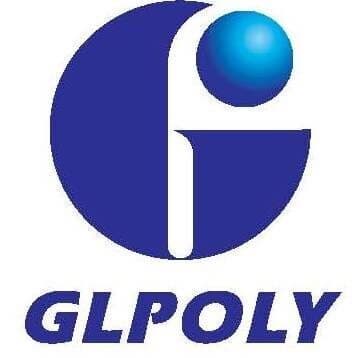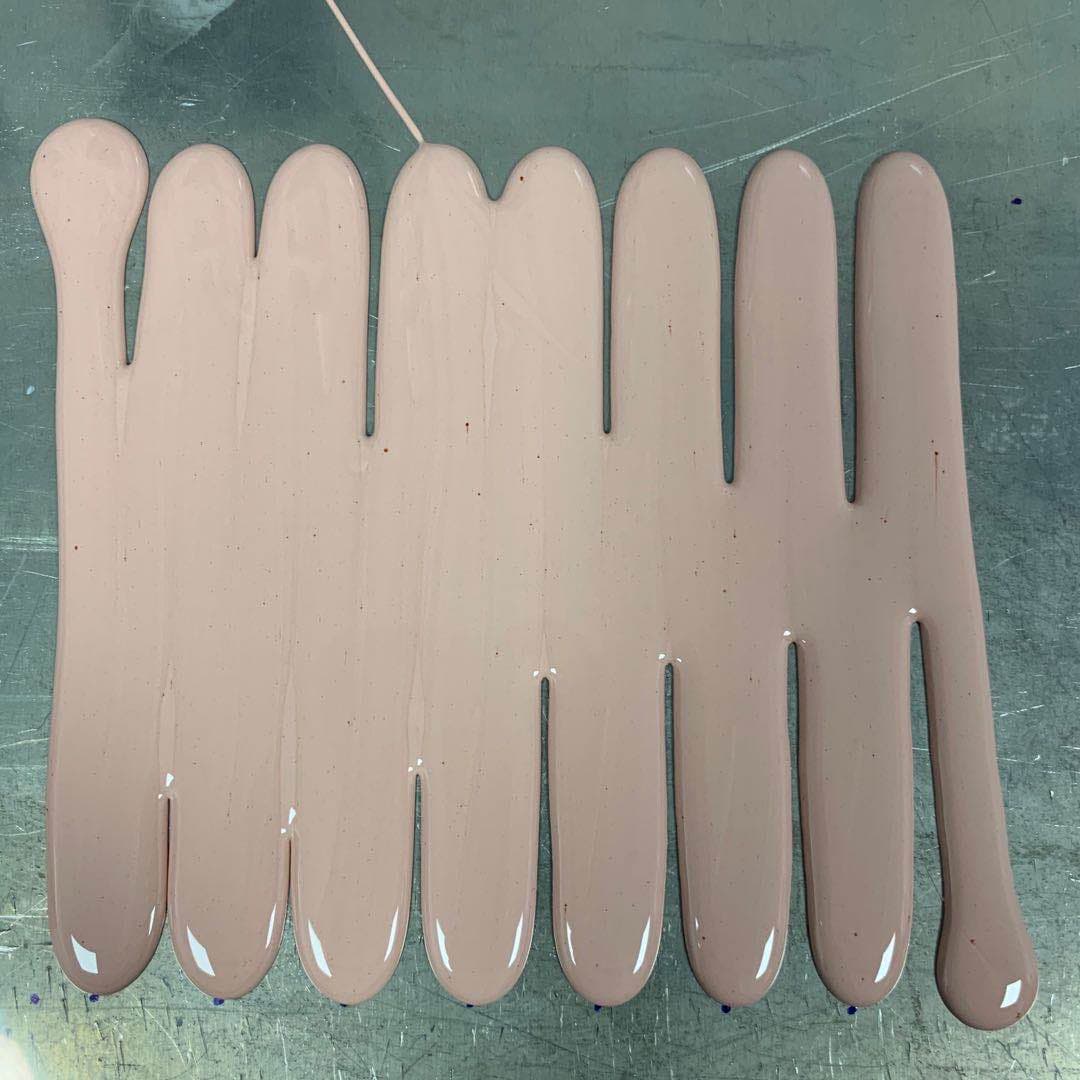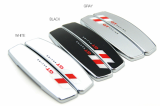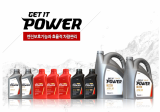Thermally Conductive Adhesive For EV Battery Cell Bond
Negotiable Min Order Quantity Unit
- Required Quantity
-
- Place of Origin
- China
- Brand name
- GLPOLY
- Payment Terms
- T/T
- Production method
- Negotiable
- Shipping / Lead Time
- Negotiable / Negotiable
- Keyword
- structural adhesive, thermal conductive strucutral adhesive, thermal conductive adhesive, battery cell bond
- Category
- Other Vehicle Accessories , Other Car Accessories

Thermal Interface Materials
- Verified Certificate
-
8


| Product name | Thermally Conductive Adhesive For EV Battery Cell Bond | Certification | - |
|---|---|---|---|
| Category |
Other Vehicle Accessories
Other Car Accessories |
Ingredients | - |
| Keyword | structural adhesive , thermal conductive strucutral adhesive , thermal conductive adhesive , battery cell bond | Unit Size | 5.0 * 5.0 * 200.0 cm |
| Brand name | GLPOLY | Unit Weigh | 1 kg |
| origin | China | Stock | - |
| Supply type | - | HS code | 3926901000 |
Product Information
Why must thermally conductive structural adhesive be used in CTP structure? Not only for better heat transfer, but for eliminating module structure to increase energy density and battery life.
GLPOLY thermally conductive structural adhesive is in trial production in F company and A company, both thermal conductivity and bonding strength are the most excellent in domestic industry.
As the boom of concept of CTP structure, internal strucutre of power battery pack is undergoing great change, non-modularization is being designed and applied gradually, and it’s firstly applied by CATL company. Then some automakers and battery manufacturers were following suit. What’s the difference between CTP battery pack and traditional module battery pack? Obviously, there is no extra housings, all the cells are bonded by structural adhesive. Functions of gap filling and heat transfer will be performed by thermally conductive adhesive. GLPOLY thermally conductive structural adhesive is such a gap filling material that designs to improve CTP battery pack thermal management.
What are advantages of GLPOLY thermally conductive structural adhesives? Firstly, it has strong bonding strength which is greater than 8MPa, eliminating the need of mechanical fasten, keeping the battery cell bonding firmly in operation, increasing energy density and battery life.
Thermal conductivity of GLPOLY thermally conductive structural adhesive is optional from 0.8 to 13W/mK, improving not only the bonding issue, but also heat transfer.
Production processes comply with IATF16949, keeping consistency of products. GLPOLY is the first one that introduce automated production processes to eliminate human error, and let customer rest assured.
GLPOLY thermally conductive structural adhesive has been applied to EV battery pack in volume production with high performance and reliability. If you have any queries, please feel free to contact GLPOLY.
1. Eliminates the need of mechanical fasten, simplify structure and reduce weight to increase energy denstiy
2. Bongding strength ≥8 MPa,withstands 12m freefall with a speed of 120km/h disaster impact;
3. Flammability: UL 94-VO,goes out when away from fire;
4. Application temperature -45℃,rated temperature 175℃,Short-term 250℃;
5. Dielectric strength≥10kV/mm, even 14 kV/mm;
6. Compatible with high volume, automated dispense processes;
No. | Item | Specimen status | Unit | XK-D10H | XK-D10M | XK-D10L | Method | |||
| Before mixed |
| ||||||||
1 | Color | Before aging | Part A | Red | Red | Red | Visual,PANTONE | |||
Before aging | Part B | Natrual | Natrual | Natrual | ||||||
2 | Viscosity | Low shear velocity | Pa.s | 75±35 | 75±35 | 75±35 | ASTM D 2196 | |||
3 | Shelf life | @25℃ | Month | ≥6 | ≥6 | ≥6 | UL 746B | |||
| After mixed |
| ||||||||
4 | Appearance | In 1 min after extruded |
| Thixotropic | Visual | |||||
5 | Mixing ratio | Before aging | v:v |
| 1:(1±0.05) |
| Isochoric | |||
6 | Pot life | @25℃ 100g | h | ≥0.5 | ≥1.5 | ≥2.5 | Viscosity doubled and≤460Pa.s | |||
7 | Cure Schedule (T10 &T90) |
|
| T10 | T90 | T10 | T90 | T10 | T90 | ASTM D 4473 10%/90% Hardness measurement |
8 | @25℃ | h | 3.4±0.5 | 5.7±0.9 | 6.6±1.1 | 13±2.0 | 14±2.2 | 24±3.8 | ||
9 | @40℃ | h | 1.4±0.2 | 2.3±0.4 | 2.6±0.4 | 4.8±0.8 | 5.0±0.8 | 8.4±1.3 | ||
10 | @60℃ | min | 39±6.3 | 60±9.5 | 66±11 | 112±18 | 116±18 | 190±30 | ||
11 | @80℃ | min | 23±3.6 | 32±5.2 | 36±5.8 | 57±9.1 | 60±9.5 | 95±15 | ||
12 | @125℃ | min | 10±1.6 | 13±2.1 | 15±2.5 | 21±3.3 | 23±3.7 | 33±5.3 | ||
| After Cured |
| ||||||||
13 | Color (tolerance) | Before aging | - | Red | Visual, PANTONE | |||||
(Dark) | (Light) | |||||||||
14 | Density | Before aging | g/cm3 | 2.19±0.10 | 2.19±0.10 | 2.19±0.10 | ASTM D 792 | |||
15 | Thermal conductivity | Before aging | W/(m.K) | 1.0±0.1 | 1.0±0.1 | 1.0±0.1 | ASTM D 5470 | |||
16 | Hardness | Before aging | Shore D | 80±9 | 80±9 | 80±9 | ASTM D 2240 | |||
17 | Tensile strength | Before aging | MPa | ≥13 | ≥13 | ≥13 | ASTM D 412 | |||
18 | Thermal Aging | MPa | ≥13 | ≥13 | ≥13 | |||||
19 | Elongation at break | Before aging | % | ≥22 | ≥22 | ≥22 | ASTM D 412 | |||
20 | Thermal Aging | % | ≥11 | ≥11 | ≥11 | |||||
21 | secant modulus | Before aging | MPa |
|
|
| ASTM D 412 | |||
22 | Thermal Aging | MPa |
|
|
| |||||
23 | Shear bonding strength AL3003-AL3003 Lap | Before aging | MPa | ≥8 | ≥8 | ≥8 | ISO 4587 | |||
24 | Thermal Aging | MPa | ≥5 | ≥5 | ≥5 | |||||
25 | Dielectric strength | Before aging | kV/mm | ≥10 | ≥10 | ≥10 | ASTM D 149 | |||
26 | Thermal Aging | kV/mm | Initial value ✕ (1±0.1) | |||||||
27 | Volume resistivity | Before aging | Ω.cm | ≥1✕1013 | ≥1✕1013 | ≥1✕1013 | ASTM D 257 | |||
28 | Thermal Aging | Ω.cm | Initial value ✕ (1±0.1) |
| ||||||
29 | BLT | After cured | mm | ≥0.09 | ≥0.09 | ≥0.09 | ISO 2360 | |||
30 | Application temperature | Before aging RT75 | ℃ | -45~175 | -45~175 | -45~175 | ASTM G 166 | |||
31 | Flammability | Before aging | - | V-0,goes out when leaves the fire | UL 94 | |||||
32 | Prohibited &restricted substances | Before aging | - | Compliant | SS 00259/RoHS | |||||
- Product Info Attached File
B2B Trade
| Price (FOB) | Negotiable | transportation | - |
|---|---|---|---|
| MOQ | Negotiable | Leadtime | Negotiable |
| Payment Options | T/T | Shipping time | Negotiable |

- President
- Mr. Kang
- Address
- Rm619, Huafeng Xinan Commercial Bulding, Baoan, Shenzhen China
- Product Category
- Other Electronic Components
- Year Established
- 1998
- No. of Total Employees
- 51-100
- Company introduction
-
GoldlinkTongda Electronics Co., Ltd is committed to thedesign, development and manufacture of Thermal Interface Materials, developing high qualityTIMs and Thermal Solution isour first priority. Our outstanding R&D team are ableto deliver the effective thermal solutions to customers for facing currentadvanced products.
Products
Ourbusiness includes Silicone Thermal Pad, Silicone Rubber Pad, Silicone PuttyPad, Silicone Thermal Tape, Thermal Interface Grease, Two-part Thermal InterfaceSealing Compound, Silicone Thermal Gel, Thermal Interface Phase Change Materialsand Non-Silicone type products.
Applications
We serve a multitude of industries worldwide includingNew energy vehicles, UAV,computer,telecommunications, consumer electronics, opticalproducts, LEDlighting, air flight, storage device, military and medicalequipment, powerconversion.
- Main Markets
-
 China
China
 Germany
Germany
 U. Kingdom
U. Kingdom
 U.S.A
U.S.A
- Main Product









































